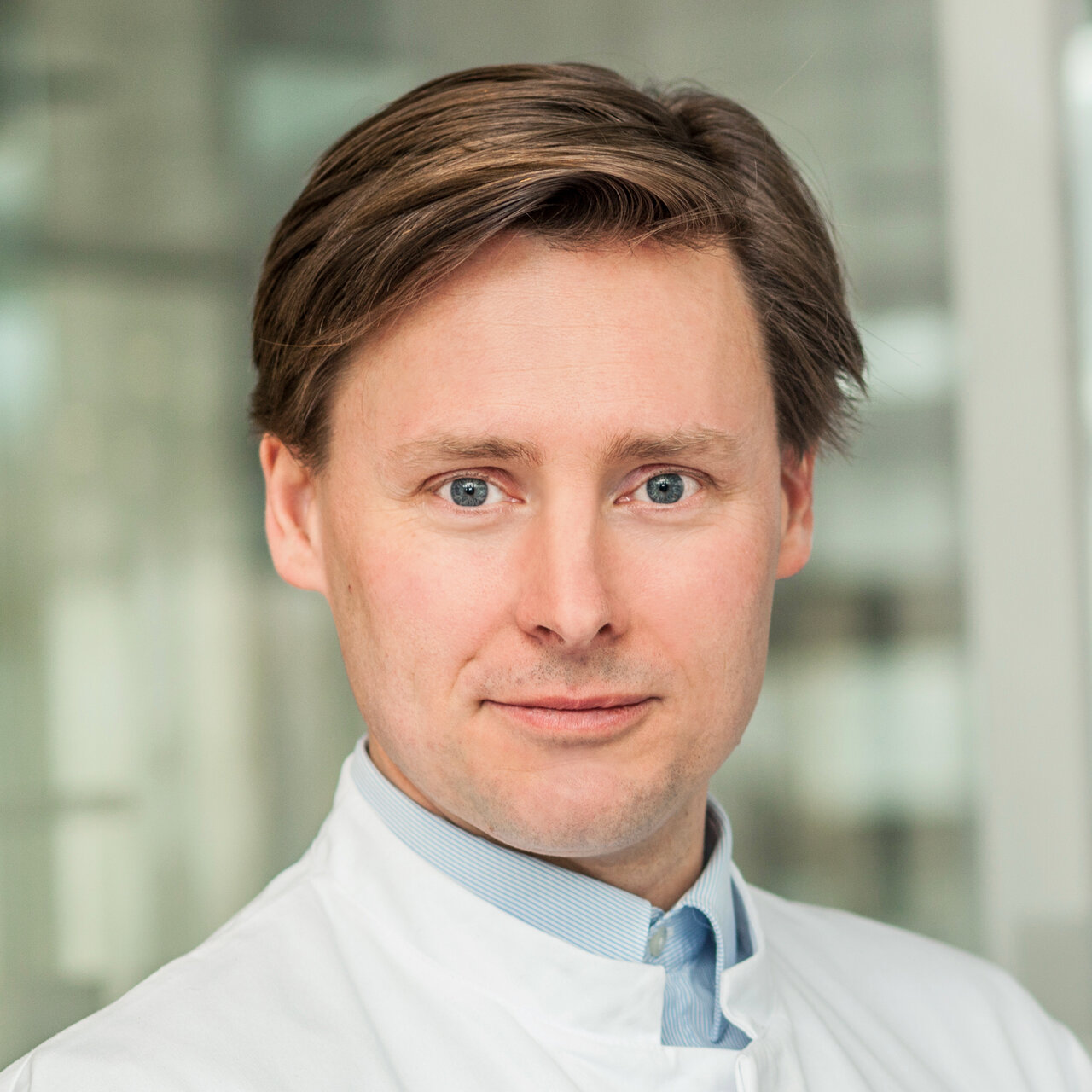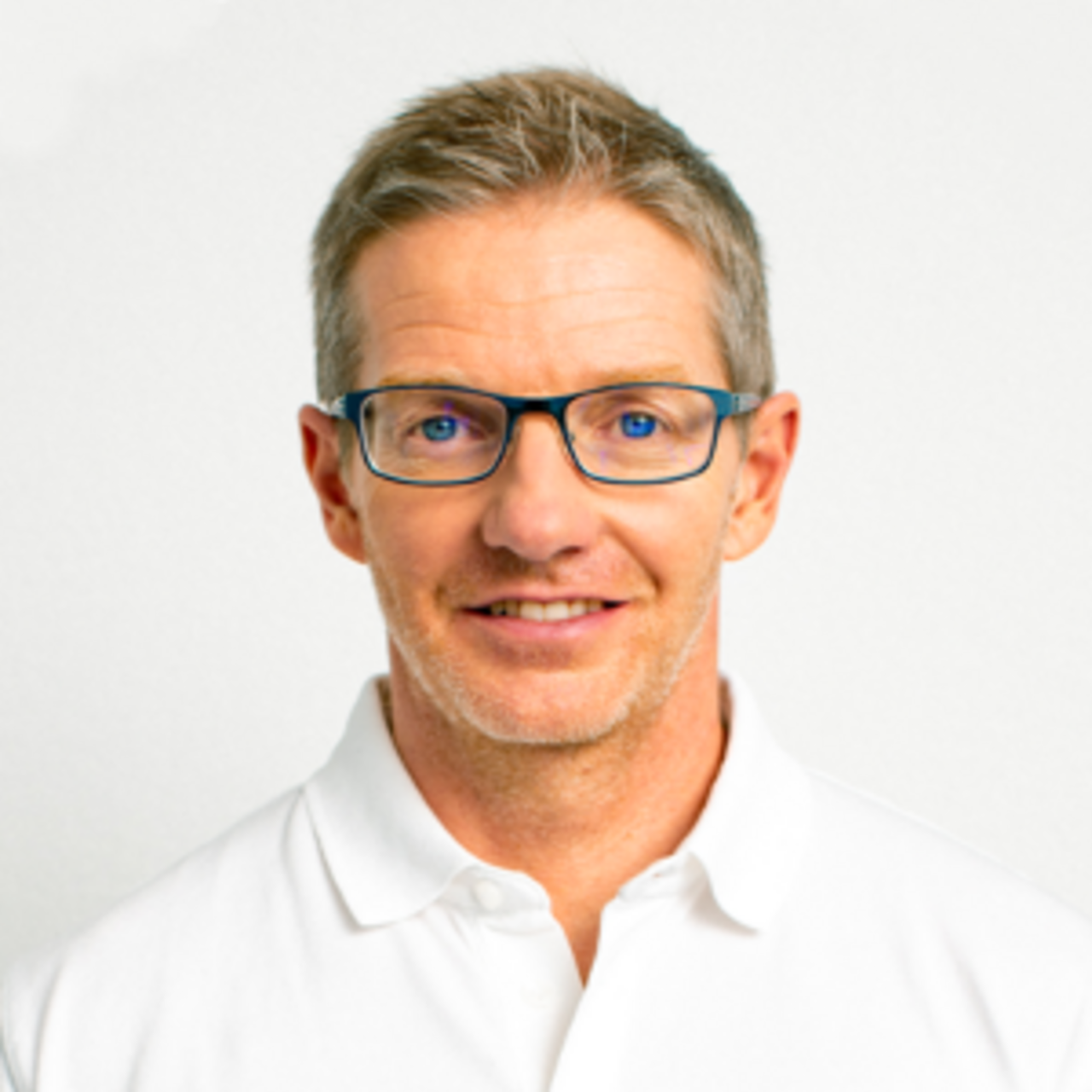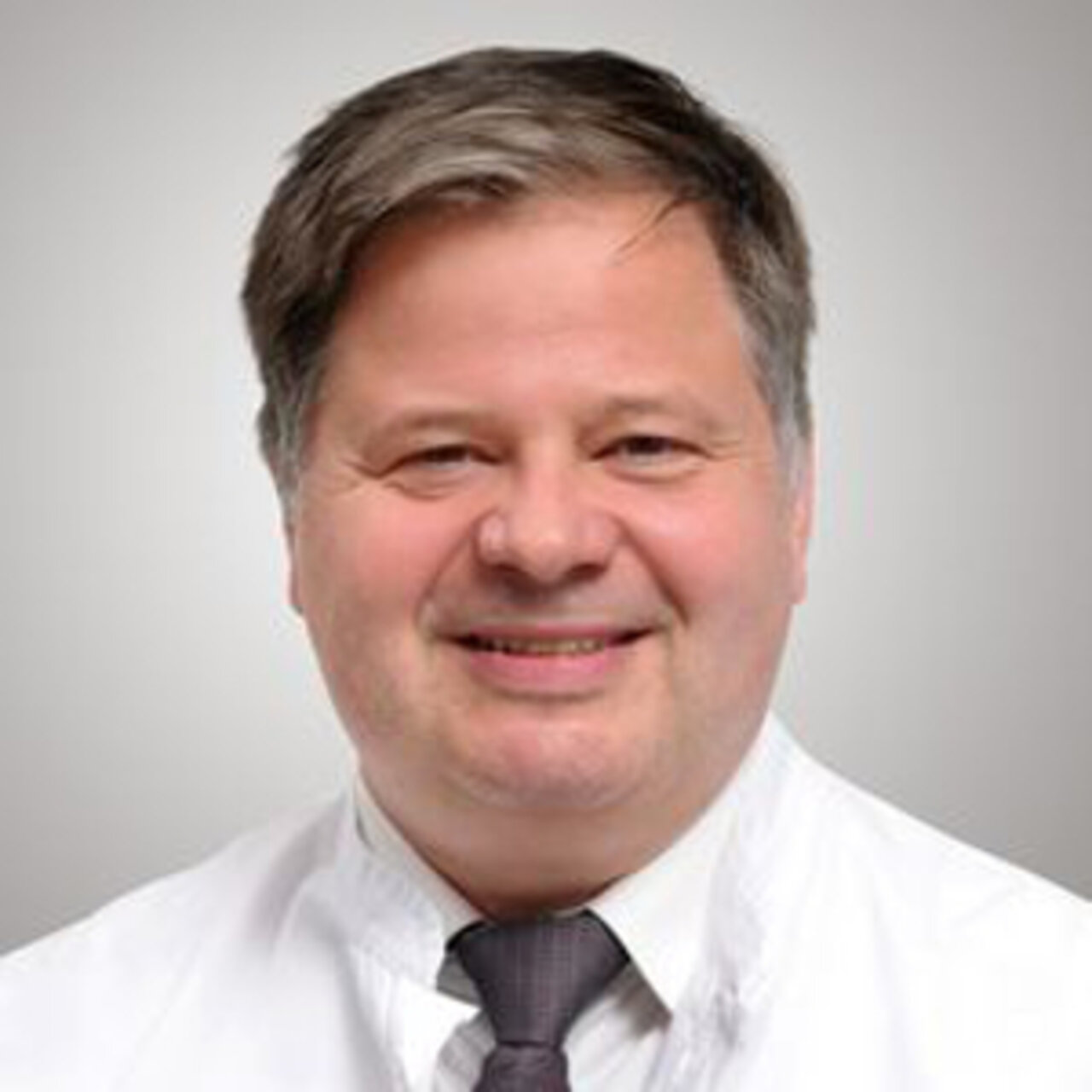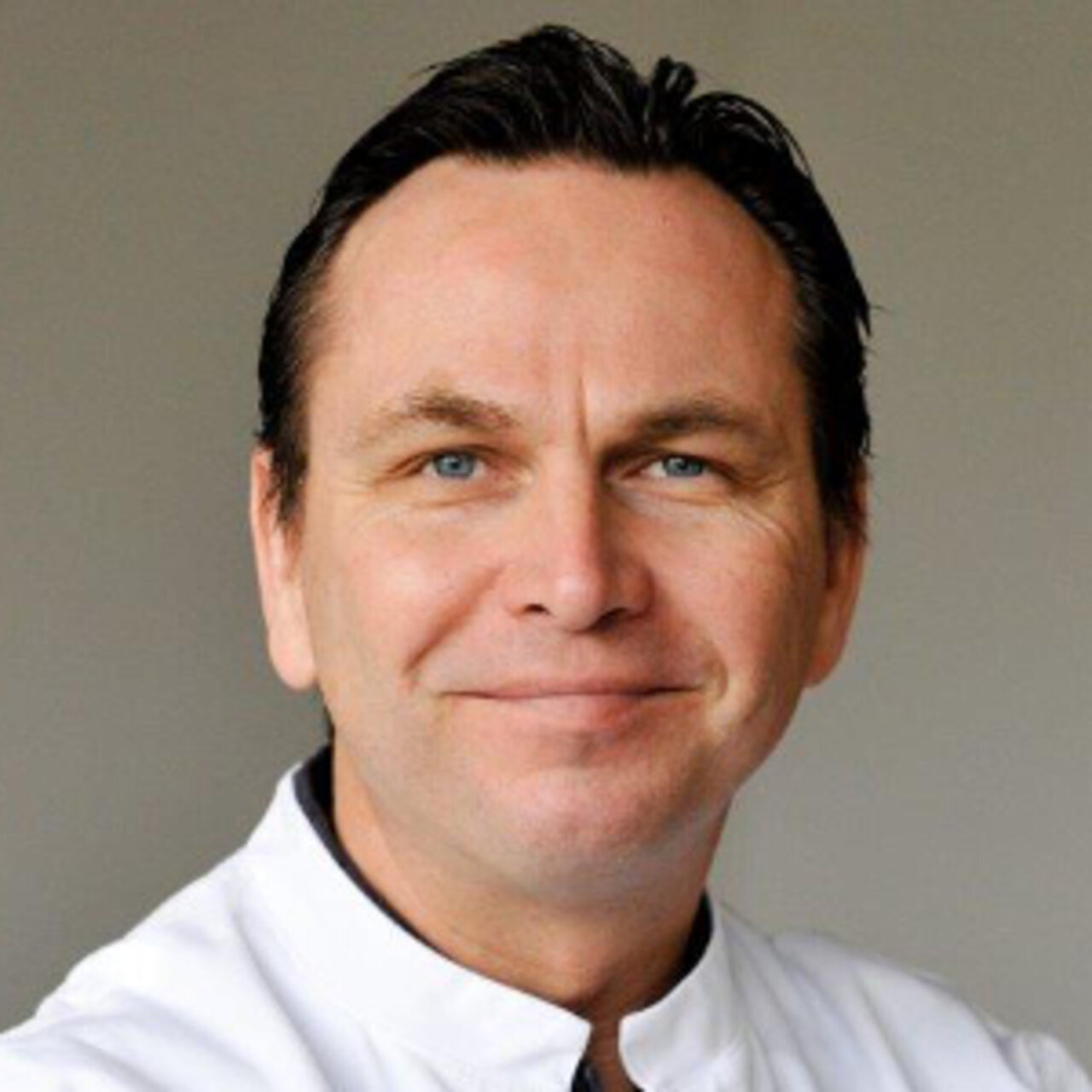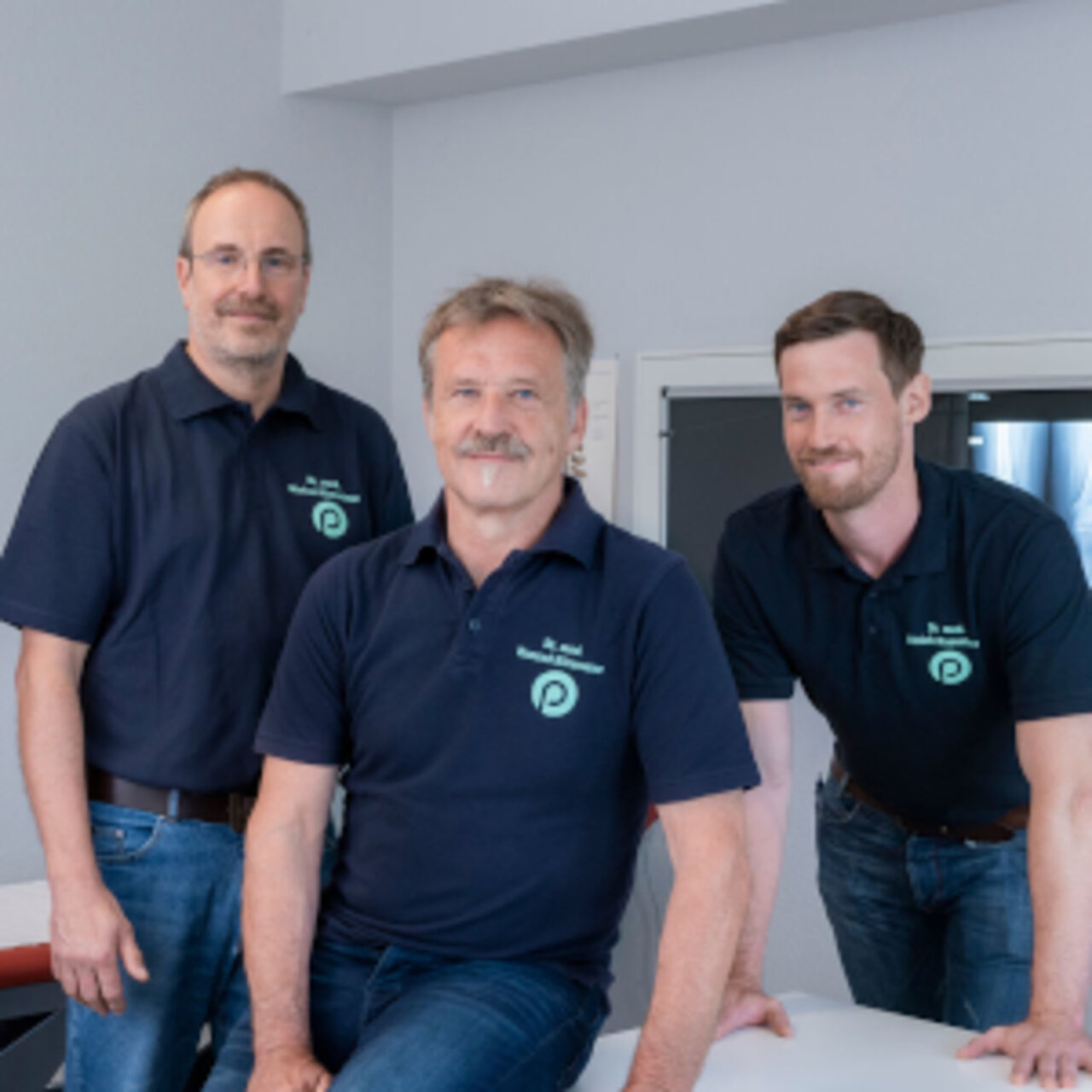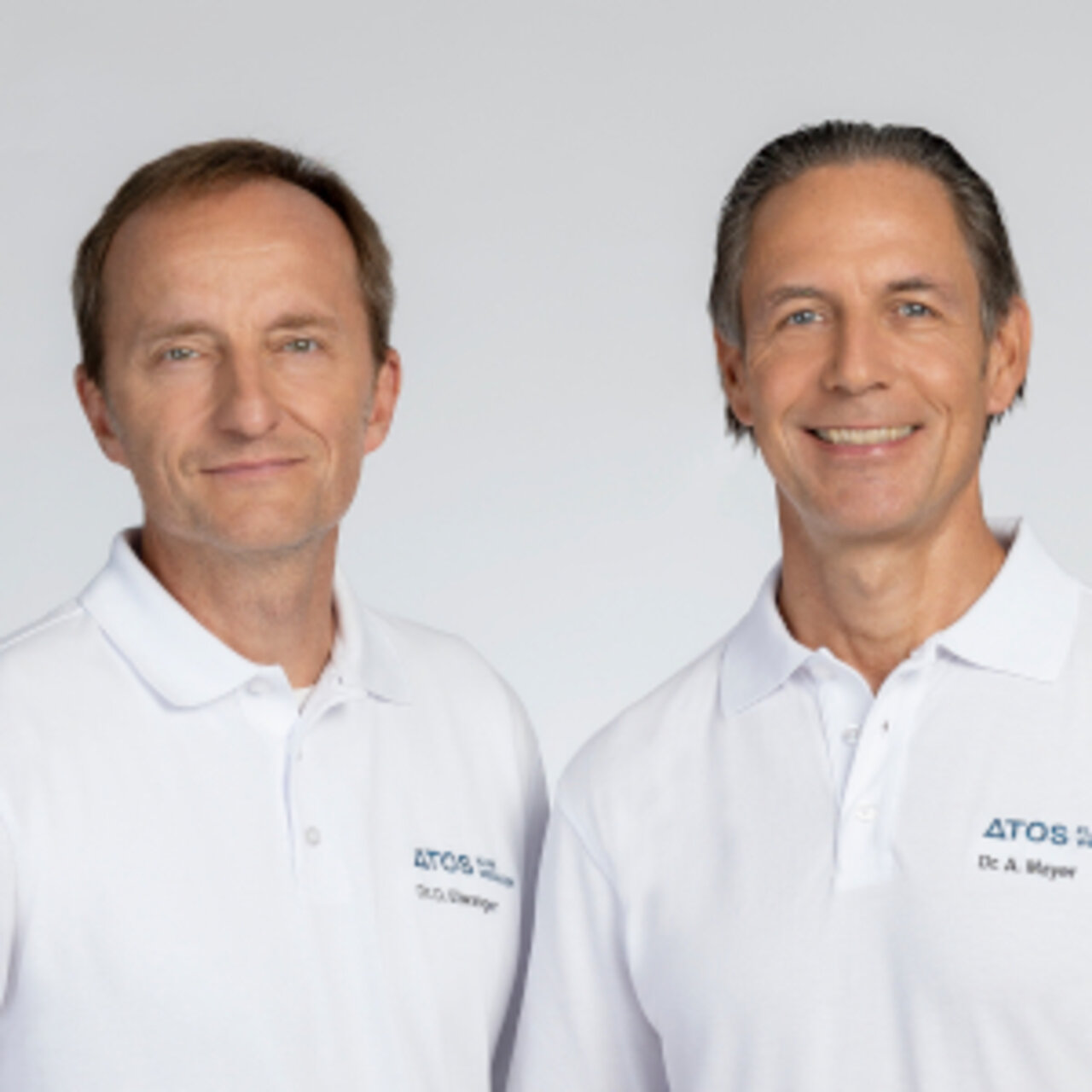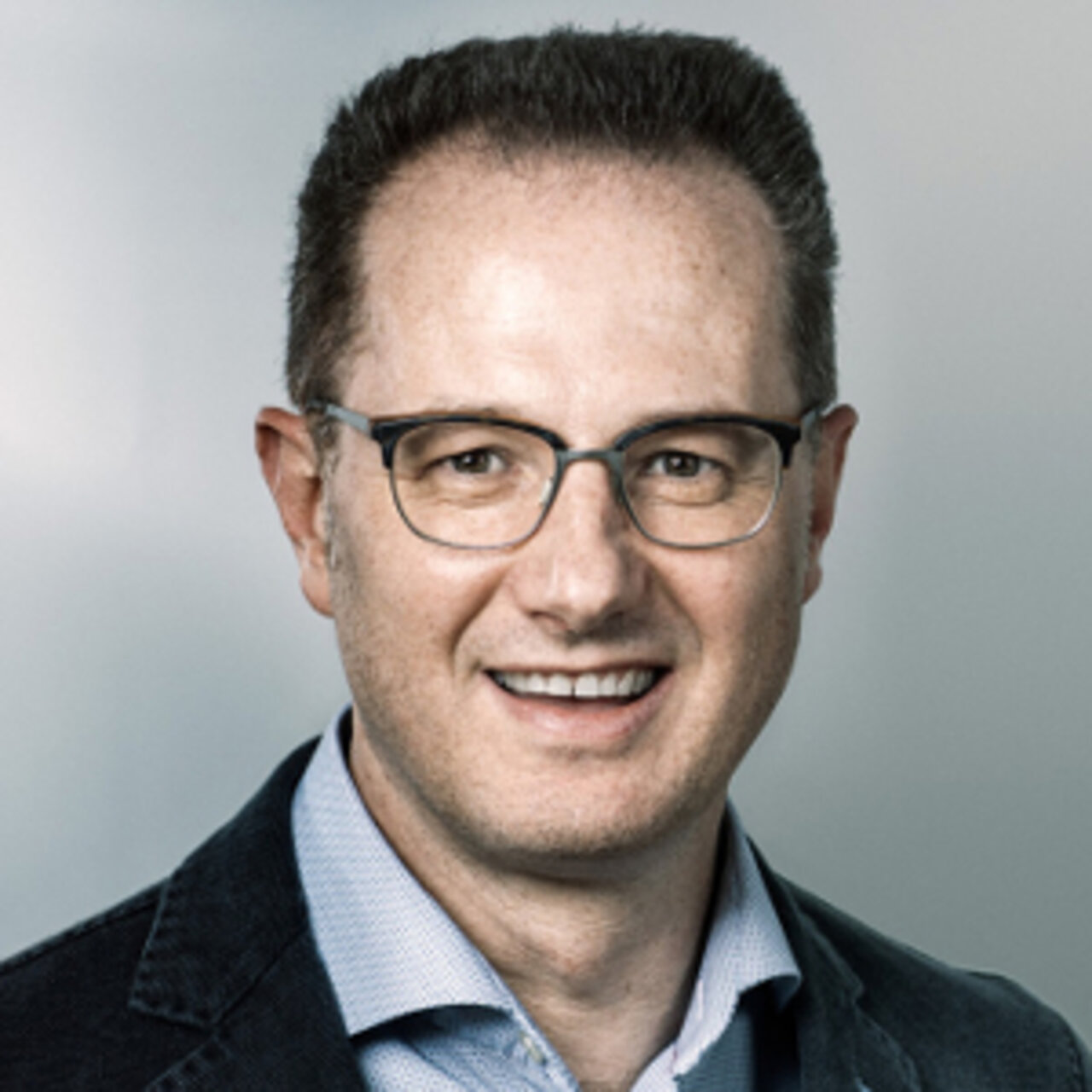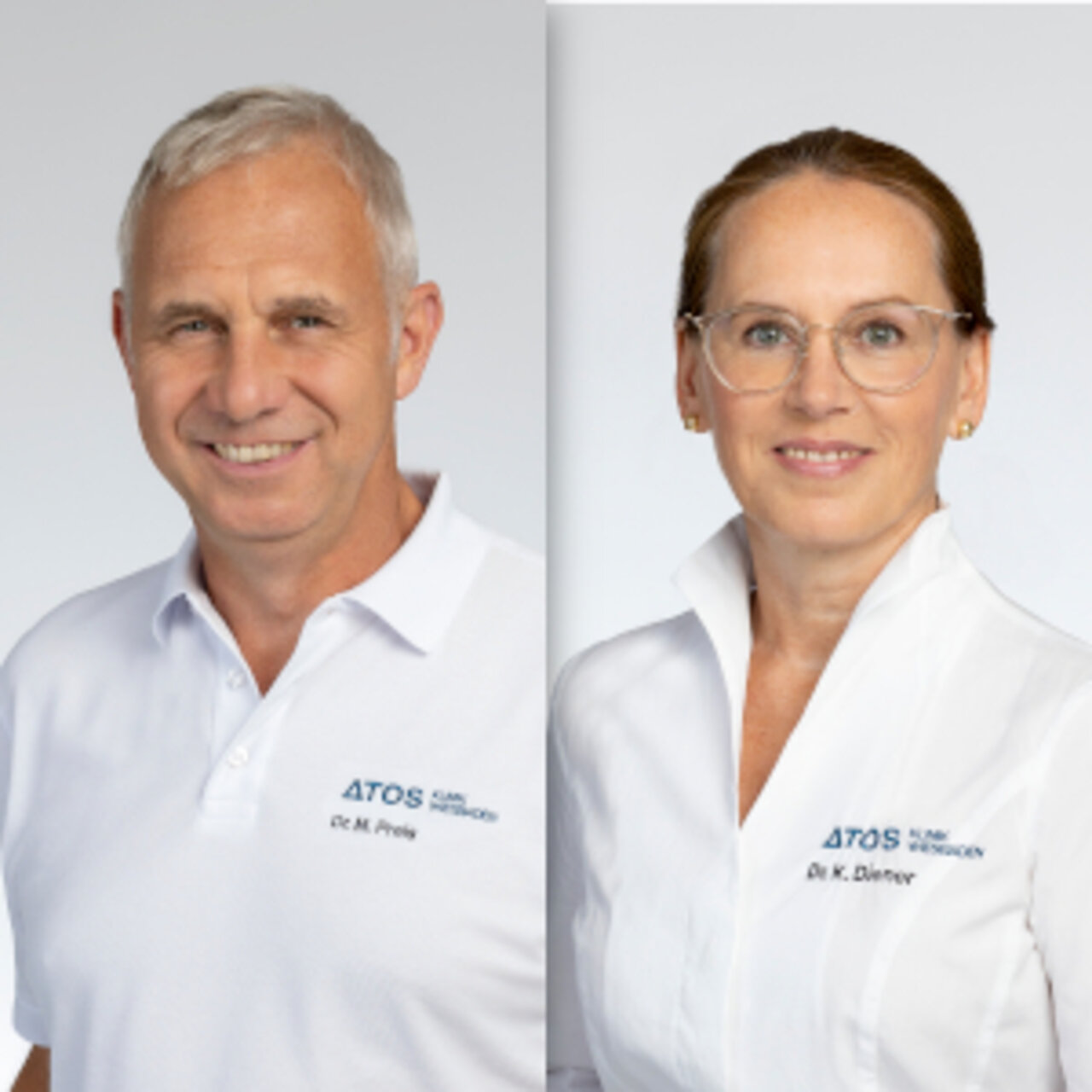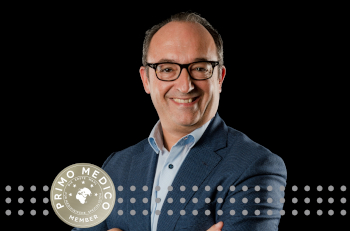Specialists in Sports Orthopedics
11 Specialists found
Information About the Field of Sports Orthopedics
What Is Sports Orthopedics?
Due to the increasing number of diseases and injuries of tendons, bones, ligaments, and muscles, the orthopedist or sports orthopedist is the first professional to contact for patients of all ages. Diseases can be genetic, caused by injuries and trauma, or due to the natural aging process.
Sports orthopedics or orthopedics are sub-areas of human medicine; they concentrate on the system of the musculoskeletal system and illness-related limitations and diseases and therapy. Orthopedists are not only trained in diagnostics but also make their contribution to preventive function and treatment in numerous practices and clinics.
The training as an orthopedist includes studies at a medical university, where various teaching contents are also taught. Orthopedists-to-be also concentrate on physiotherapy and trauma surgery, orthopedic sports medicine, and alternative medical and surgical therapy options. Orthopedists need general medical knowledge, which includes a precise anatomical understanding of the human body and its physiology and pathophysiology. Besides, the orthopedic surgeon is well familiar with pharmacology, local anesthetization, and hygiene. Again, the orthopedist is proficient in diagnostic imaging procedures, including radiographic procedures, CT, MRI, and sonography.
How Does an Orthopedist Treat Patients?
Orthopedists and sports orthopedists can diagnose and treat specific diseases of the supporting, supportive, and bone apparatus due to their extensive and long-standing specialization in this field. A (sports) orthopedist's primary focus is the therapy of various diseases: arthritis, arthrosis, herniated discs, inflammation of joints and muscles, injuries of tendons and ligaments, and even hip dysplasia.
The orthopedist treats the diseases mentioned above and injuries and bone fractures, carpal tunnel syndrome, impingement syndrome, osteoporosis, and ruptured muscles and ligaments. Life limiting diseases such as club-foot, deformities of bones, bone tumors, and shoulder torsions can also be treated by a sports orthopedist or orthopedist.
Besides, spontaneous sciatic pain such as lumbago, hallux valgus, and gonarthrosis are among the orthopedists' field of activity. Of course, the orthopedist also works closely with other medical disciplines and can always refer patients or stay in close contact with them. In general, the orthopedist can make a diagnosis, plan therapy, and, in some instances, provide prophylaxis and aftercare, for example, after surgery.
Which Diagnostic Tools Are Used by Sports Orthopedist?
To make a conscientious diagnosis, the orthopedist certainly does not rely solely on his eye and patients' information or a keen sense of touch. Much more important are the complicated diagnostic devices that also allow differential diagnosis. In addition to X-rays to exclude bone fractures, CTs, ultrasound, and MRIs are used. To detect osteoporosis at an early stage, bone density measurement and the measurement of the joint gap width and skeletal age are suitable.
Measurement of the footprint and digital X-rays are also important for an orthopedist. It is only because of the precise diagnostics that he can plan the therapy specifically. For this purpose, he also uses light rays, heat, cold, electromagnetic electricity, and water, but laser radiation is also increasingly used in orthopedic facilities.
What Should a Patient Pay Attention to?
As a patient, it sometimes turns out to be challenging to find the right orthopedist. It certainly does not matter how full the waiting rooms are or how many awards the orthopedist has. Much more important are the methods (orthodox medicine or alternative medicine) and the offered range of services. Some orthopedists can treat a wide range of diseases; then again, some specialize in specific body areas.
Beyond that, orthopedists are generally the first and best contact to restore the body's natural physiology after surgery due to trauma or disease.
Sources:
Medical Articles
Total Ankle Arthroplasty: Prof. Victor Valderrabano
Ankle osteoarthritis can be caused by ankle injuries as fractures or sprains. What is osteoarthritis of the ankle joint and how does it manifest…

